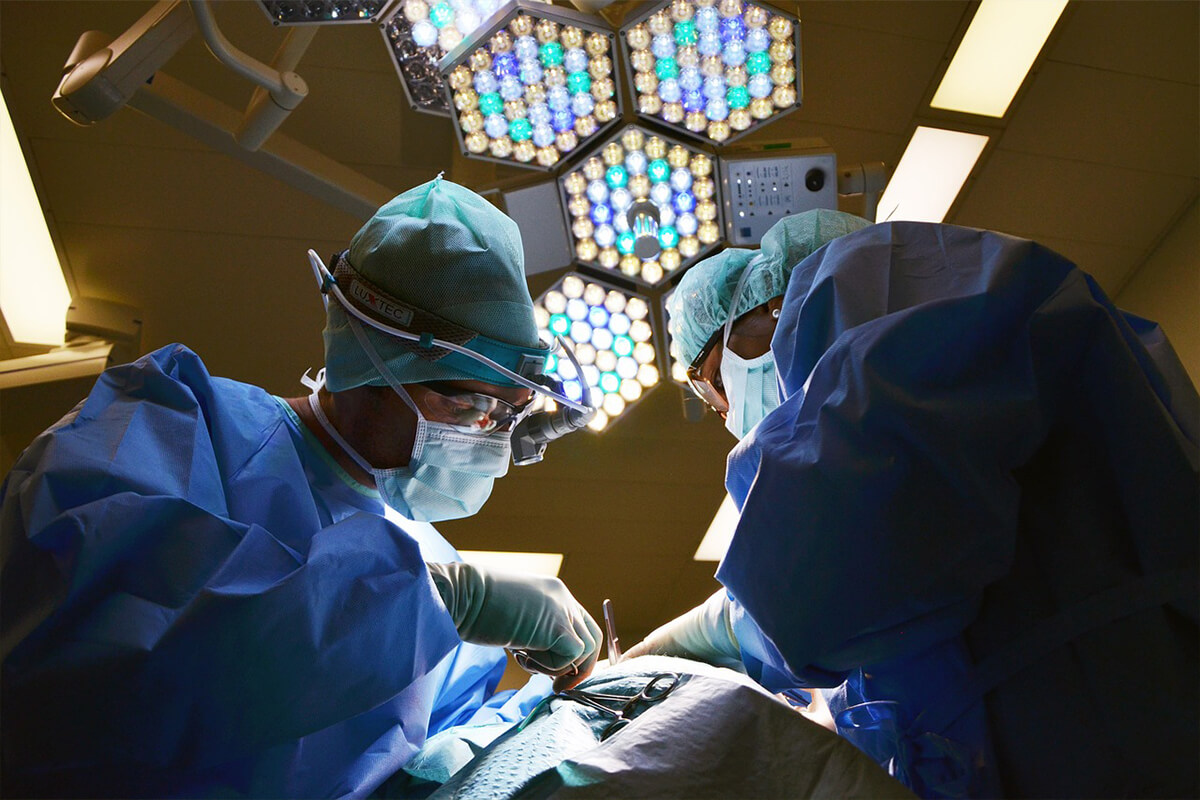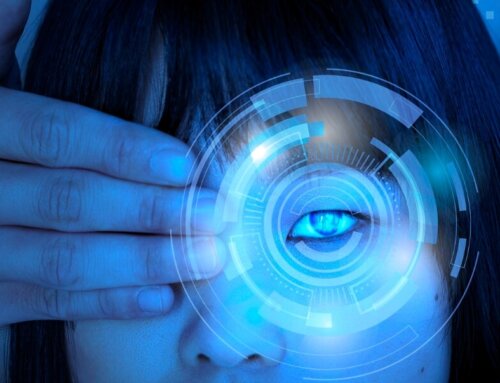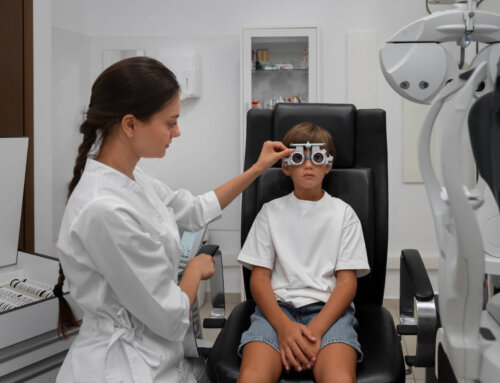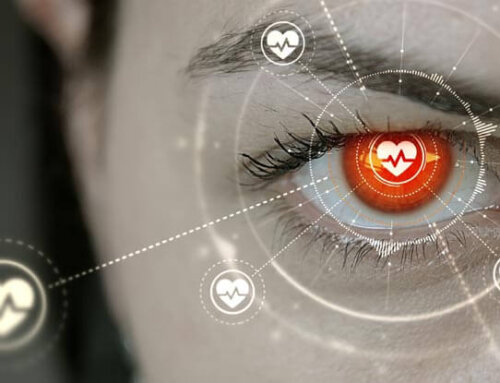Summary
Diabetic retinopathy, a major global health challenge linked to the rise of diabetes, significantly impairs vision and potentially leads to blindness due to retinal damage from high blood sugar levels.
Diabetic retinopathy represents a major challenge in global health, directly linked to the increasing prevalence of diabetes. This condition, which can lead to severe vision impairment and even blindness, stems from damage to the retina caused by prolonged high blood sugar levels. The urgency to address diabetic retinopathy is more critical than ever, with its rising incidence shadowing the global surge in diabetes.
Understanding Diabetic Retinopathy: The Growing Health Crisis
Diabetic retinopathy is the leading cause of blindness among working-age adults, affecting millions worldwide. It develops when high glucose levels in the blood damage the delicate microvasculature in the retina, the layer of tissue at the back of the eye that senses light and sends images to the brain. The early stages of diabetic retinopathy symptoms may cause mild vision problems, but as the condition progresses, it can result in significant visual impairment.
The Role of Artificial Intelligence in Healthcare: A Paradigm Shift
The integration of Artificial Intelligence (AI) in healthcare marks a transformative shift, particularly in chronic disease management, including diabetes. AI’s capability to analyse large volumes of data with precision and speed offers a revolutionary approach to medical diagnostics and patient care. In diabetes management, AI technologies not only streamline workflow for healthcare providers but also enhance accuracy in early detection and intervention strategies, thereby improving patient outcomes.
Optain Health’s AI Solution: Innovative Tools to Combat Diabetic Retinopathy
At the forefront of AI-driven healthcare solutions is Optain Health, whose pioneering AI-enabled retinal image screening technology, Eyetelligence Assure, allows for the detection of diabetic retinopathy, glaucoma, and neovascular age-related macular degeneration, as well as screening for cardiovascular disease risk factors.
Eyetelligence Assure, uses clinically validated AI algorithms to non-invasively analyse digital images of the retina, detecting subtle signs of disease early in its course. With an impressive 95% accuracy rate, this technology facilitates early and accurate diagnosis, allowing for timely and effective medical interventions.
Enhanced Patient Diagnostics with the Resolve Camera
The Resolve Camera is a state-of-the-art portable automatic fundus camera crafted for precise health assessments. Engineered with innovative auto-detection capabilities, it ensures accurate retinal imaging by automatically adjusting focus and alignment, significantly reducing the margin for error. Its compact and lightweight design, 16G internal memory, and up to four hours of battery life make it ideal for clinical use.
The Resolve Camera’s advanced voice-command feature guides patients through the imaging process, providing a user-friendly experience that demands minimal operator intervention, while its sophisticated cloud connectivity facilitates efficient data storage, access, and sharing, bolstering collaboration among healthcare professionals. The Resolve Camera is classified as a Class 1 medical device, qualified to performance and safety standards in over thirty countries across the EU and Australasia.
Benefits of Early Detection: Empowering Healthcare Providers and Patients
The ability to detect diabetic retinopathy at its nascent stage is arguably the most significant advantage of AI in diabetes care. Early detection empowers healthcare providers to implement preventative measures immediately, greatly reducing the risk of progression to severe stages.
For patients, it means preserving vision and maintaining a better quality of life. The use of AI technologies like Eyetelligence Assure also brings efficiency and scalability to healthcare settings, enabling providers to manage a larger patient base more effectively.
Shaping the Future of Diabetes Care: The Promise and Potential of AI
The integration of AI into diabetes care is reshaping the future of how this chronic condition is managed across the globe. With AI, clinicians are better equipped to make informed decisions quickly, backed by data-driven insights. This shift not only improves the precision of diagnostics and treatments but also holds the promise of making healthcare more accessible and equitable, particularly in regions where resources are scarce.
Looking Into The Future
Artificial Intelligence is transforming the landscape of diabetes care by enhancing the detection and management of diabetic retinopathy and helping to prevent negative outcomes.
Optain Health’s innovative AI tools epitomise the advancement in medical technology, providing robust, scalable, and efficient solutions that empower healthcare providers and improve patient outcomes in diabetes care. Contact us to learn more.
Frequently Asked Questions
How can I protect my eyes from diabetic retinopathy?
The most effective way to protect your eyes from diabetic retinopathy is to manage your diabetes well. This includes maintaining optimal blood sugar, blood pressure, and cholesterol levels. Regular eye exams are crucial, as they allow for the early detection of any retinal changes, enabling timely intervention.
How can you reduce diabetic retinopathy naturally?
Reducing the risk of diabetic retinopathy naturally involves comprehensive diabetes management, including diet, exercise, and medication adherence. Lifestyle modifications such as maintaining a healthy diet, engaging in regular physical activity, and avoiding smoking can all contribute to better overall health and a reduced risk of retinopathy.
Can you reverse diabetic retinopathy?
Reversing established diabetic retinopathy is challenging; however, stabilising and potentially improving vision is possible with early detection and appropriate treatment. Managing diabetes effectively and utilising AI-based screening technologies can help slow or stop the progression of the disease.
